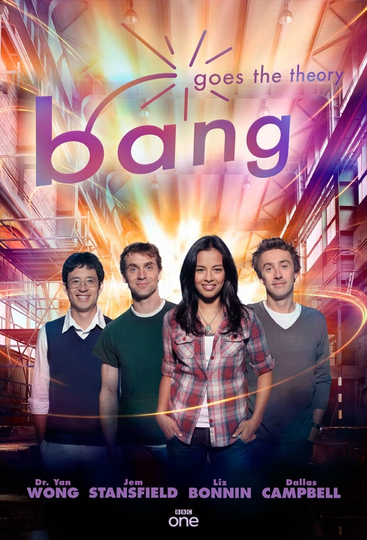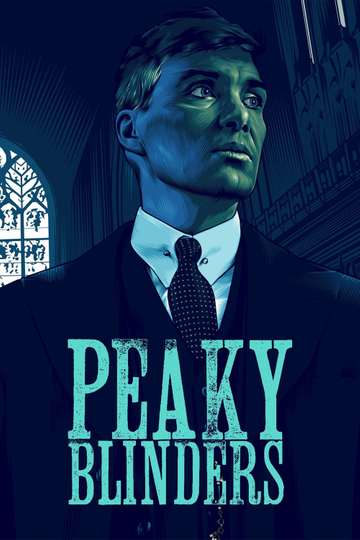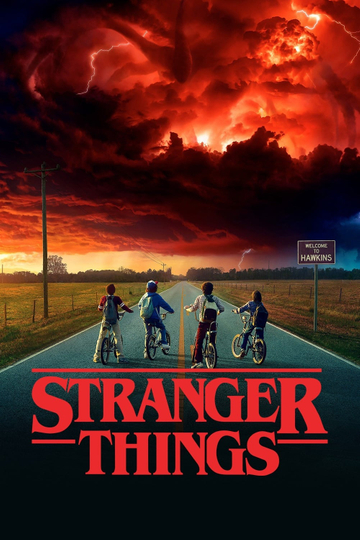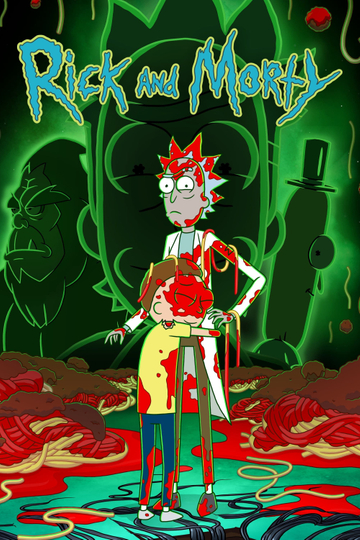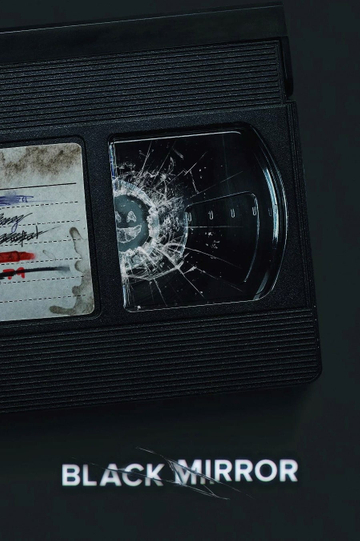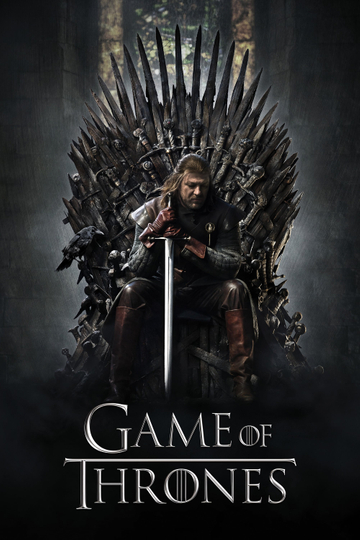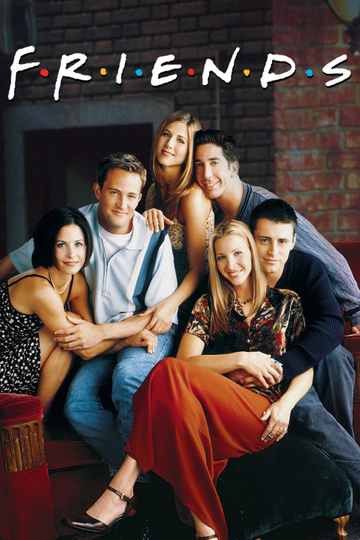Specials Episodes
1. The Human Power Station
A Bang Goes the Theory special event showing how much electricity we use and abuse without even thinking about it. This massive experiment attempts to power a house for an entire day solely through human pedal power - while the unsuspecting family inside go about their normal Sunday routine. Will they drive the Human Power Station to meltdown?
2. Can You Train Your Brain?
A Bang Goes the Theory special to help you improve your brain. The science team gives the results of the world's biggest ever brain training experiment and reveals how you can make yourself smarter Brain training computer games are big news in Britain and the craze is growing. But does it actually work? The BBC teamed up with leading scientists to devise a huge online experiment to find out. This is genuine, groundbreaking science. And the results are surprising. This programme explores the power of the human brain and its untapped potential. Resident extreme engineer, Jem, taps into his brain to drive a car with the power of thought alone. Biologist Liz joins an experiment to try to improve the structure of her brain. And we meet an extraordinary man who has normal intelligence despite having had half of his brain removed. With lots of top tips Can You Train Your Brain? will help you make the most of your brain!
3. Little Bang Live
Red Button Extra “Little Bang” will deliver a rich mix of interactive science and features, including outtakes, a quiz and special extras. The audience will contact the team (via email and text) to ask their science questions live and take part in the discussions about features from the BBC ONE programme.
4. Bang Goes the Winter Weather
A special hour-long edition of Bang Goes the Theory sees the team set up camp in their very own weather workshop. Their mission is to get under the bonnet of our winter weather and explain it as never before. Dallas, Liz and Jem find out first-hand what it feels like to stand in one of our worst British rain storms and to have a blizzard smack you right in the face, as they challenge their ingenious weather chamber to recreate the conditions of two recent big storms in order to really experience how much of a punch those weather events packed. And in a genuine Bang first, they attempt to make cloud, rain and snow in the studio and from scratch. In the first half of the special we explore what makes wind, where clouds come from and why we get battered with wet and windy storms every winter. In the second half, the team turns down the temperature dial as they ramp up the challenge to explain the science behind the big freeze that has paralysed the UK for two winters in a row. As they uncover the extremes of our winter weather out and about in the wettest and windiest parts of Britain, back in the studio we follow table-top demonstrations that put the science of the weather to the test, from how to make your own cloud, to whether boiling water will crack a frozen windscreen and why some kind of snow is simply the wrong kind..
5. Explosions: How We Shook The World
Engineer Jem Stansfield is used to creating explosions, but in this programme he uncovers the story of how we have learnt to control them and harness their power for our own means. From recreating a rather dramatic ancient Chinese alchemy accident to splitting an atom in his own home-built replica of a 1930s piece of equipment, Jem reveals how explosives work and how we have used their power throughout history. He goes underground to show how gunpowder was used in the mines of Cornwall, recreates the first test of guncotton in a quarry with dramatic results and visits a modern high explosives factory with a noble history. Ground-breaking high speed photography makes for some startling revelations at every step of the way.
6. The Search For Life: The Drake Equation
We look up at the night sky and see millions of stars and galaxies, but is there anyone looking back? Fifty years ago, astronomer Professor Frank Drake took a handful of guesses and turned them into proper science. Bang Goes the Theory's Dallas Campbell meets the man who made the search for aliens respectable. Drake used probability to estimate the number of intelligent civilizations there might be in the galaxy. His conservative figures suggest that there are up to one hundred million planets with intelligent life in our galaxy alone. Drake's search became formalized into SETI, the Search for Extraterrestrial Intelligence in Northern California. Scientists hunt for alien intelligence through radio waves, hoping to find a radio footprint or perhaps a beacon announcing themselves to the whole universe. Yet 50 years later, where is everybody?










